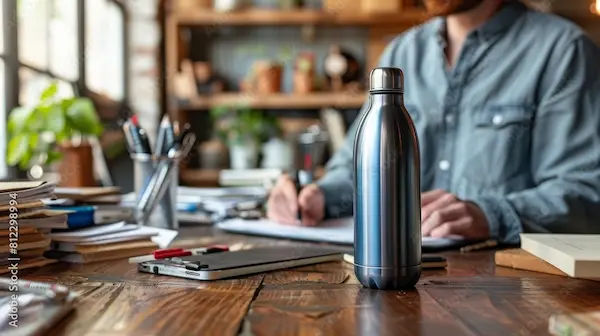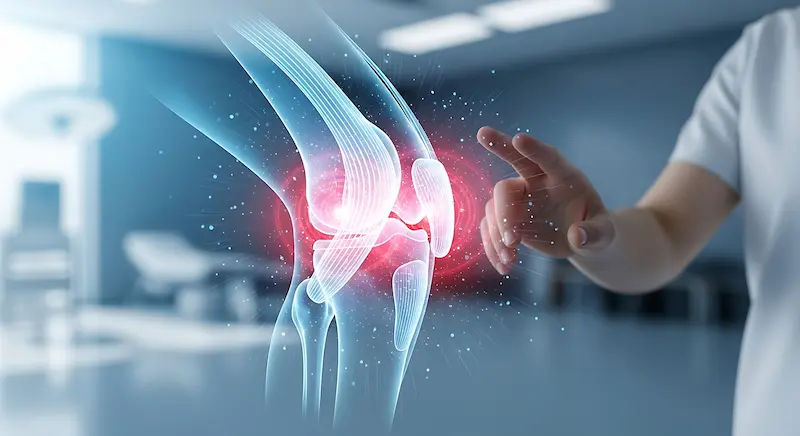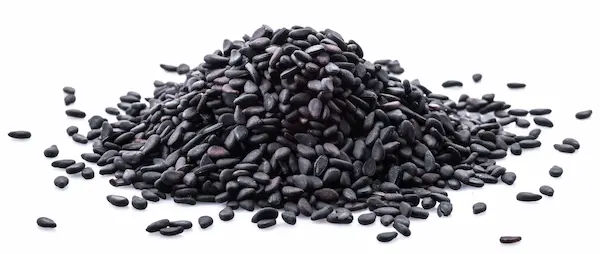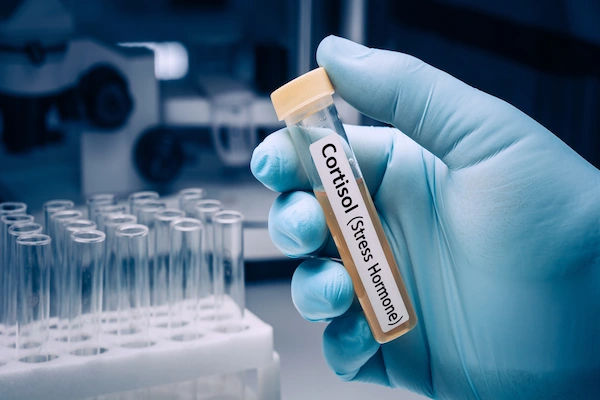How to Reduce Inflammation On Face?
Facial Inflammation is both uncomfortable and concerning. Learn the causes and how to reduce inflammation with strategic tips and techniques that you could easily incorporate into your skincare routine.

Written by Dr.Sonia Bhatt
Last updated on 13th Jan, 2026
Facial inflammation can be both uncomfortable and concerning, affecting your appearance and overall skin health. Whether it’s caused by skin conditions like acne or rosacea, an allergic reaction, or something more serious like an infection, inflammation on the face can be distressing. Fortunately, there are numerous ways to address and manage facial inflammation. This article offers a comprehensive guide on how to reduce facial inflammation, providing you with practical tips and techniques that you can incorporate into your skincare routine.
What Causes Inflammation on the Face?
Inflammation occurs when your immune system responds to harmful stimuli such as bacteria, viruses, or irritants. The face, being the most exposed part of the body, is prone to various inflammatory conditions. Some common causes of facial inflammation include:
Acne: Acne is one of the most common causes of facial inflammation, characterized by swollen, red, and sometimes painful pimples or cysts.
Rosacea: This chronic condition causes redness, swelling, and visible blood vessels on the face, often affecting the cheeks, nose, and forehead.
Allergic Reactions: Allergies to skincare products, food, or environmental allergens can lead to swelling, redness, and hives on the face.
Infections: Infections such as cellulitis or skin abscesses can lead to significant facial swelling and inflammation.
Injury or Trauma: Cuts, bruises, or other injuries to the face can cause localized inflammation as the body heals.
Sunburn: Overexposure to the sun can cause the skin to become red, swollen, and inflamed.
Underlying Medical Conditions: Conditions like lupus or other autoimmune diseases can lead to chronic inflammation of the face.
No matter the cause, there are various ways to manage and reduce facial inflammation effectively.
Consult Top Dermatologist
Tips to Reduce Inflammation on the Face
There are several approaches to help reduce swelling, calm redness, and soothe the skin. Let’s look at some of the most effective techniques for reducing facial inflammation.
1. Apply Cold Compresses
One of the simplest and most effective ways to reduce facial inflammation is by using cold compresses. Cold temperatures help constrict blood vessels, reducing swelling and redness.
How to Use: Wrap a few ice cubes in a clean cloth or use a cold gel mask. Apply it gently to the affected areas for about 10-15 minutes. Avoid applying ice directly to the skin to prevent frostbite or irritation.
When to Use: Cold compresses are especially helpful after a recent injury, sunburn, or if you’ve just experienced an allergic reaction.
2. Use Anti-Inflammatory Skincare Products
There are numerous skincare products available that are formulated to reduce inflammation. Look for products that contain ingredients known for their soothing and anti-inflammatory properties. Some key ingredients include:
Aloe Vera: Known for its cooling effect, aloe vera helps calm irritated skin and reduces redness and puffiness.
Niacinamide (Vitamin B3): Niacinamide is renowned for its ability to calm inflammation, strengthen the skin barrier, and improve the appearance of redness.
Chamomile Extract: Chamomile is often used to calm inflammation, reduce redness, and prevent skin irritation.
Cucumber Extract: Known for its cooling and soothing properties, cucumber extract helps hydrate and reduce puffiness.
Hyaluronic Acid: This hydrating ingredient helps to soothe dry, inflamed skin, reducing tightness and irritation.
When shopping for skincare products, make sure to choose gentle, fragrance-free formulas to avoid aggravating your skin further.
3. Avoid Triggering Ingredients in Skincare Products
Certain ingredients in skincare products can trigger inflammation, especially if you have sensitive skin or conditions like acne or rosacea. Avoid products with harsh chemicals, fragrances, or alcohol, as these can exacerbate redness and irritation.
What to Avoid:
Alcohol-based toners or astringents
Harsh exfoliants with physical beads or gritty textures
Artificial fragrances and dyes
Strong acids or chemical peels (unless prescribed by a dermatologist)
4. Use Anti-Inflammatory Diet and Supplements
What you eat can have a significant impact on your skin’s inflammation levels. Certain foods can either exacerbate or help reduce facial inflammation. Incorporating anti-inflammatory foods into your diet can promote clearer, healthier skin.
Foods to Include:
Omega-3-rich foods such as salmon, chia seeds, and walnuts
Leafy greens like spinach and kale, which are rich in antioxidants
Turmeric and ginger, are both known for their natural anti-inflammatory properties
Berries like blueberries, strawberries, and raspberries, which are packed with antioxidants
Green tea, which has anti-inflammatory compounds known as catechins
In addition to these foods, certain supplements like omega-3 fatty acids, probiotics, and vitamin D can also help manage face inflammation from the inside out. However, it’s always best to consult with a healthcare provider before adding supplements to your routine.
5. Gentle Cleansing Routine
Cleansing your face is crucial to remove dirt, oil, and impurities that could contribute to inflammation, but be careful not to irritate your skin with harsh scrubbing. Use a gentle, non-foaming cleanser that won’t strip the skin of its natural oils.
How to Cleanse:
Use lukewarm water instead of hot water, as hot water can aggravate inflammation.
Gently massage the cleanser onto your face with your fingertips, avoiding rough towels or cloths.
Follow up with a soothing moisturiser to keep the skin hydrated.
6. Incorporate Anti-Inflammatory Topical Treatments
For conditions like acne or rosacea, you may benefit from topical treatments that specifically target inflammation. Look for products with the following active ingredients:
Benzoyl Peroxide: Effective for acne, this ingredient reduces bacteria and inflammation, helping to clear up breakouts.
Salicylic Acid: A beta hydroxy acid (BHA) that helps exfoliate the skin, salicylic acid can reduce inflammation and help with acne management.
Topical Corticosteroids: For more severe cases of rosacea or inflammatory skin conditions, topical corticosteroids (prescribed by a doctor) can be used to reduce inflammation quickly.
7. Consider Professional Treatments
For persistent or severe facial inflammation, professional treatments can be highly effective. These treatments are often performed by dermatologists or licensed estheticians and can offer long-term solutions.
Laser Treatments: Laser therapy, such as intense pulsed light (IPL) or fractional CO2 lasers, can help reduce inflammation, redness, and even acne-related scars.
Chemical Peels: Gentle chemical peels help to exfoliate the skin and reduce inflammation, promoting smoother, more even skin tone.
Microneedling: This treatment stimulates collagen production and can help reduce inflammation, especially for acne scars.
8. Stay Hydrated
Keeping your body well-hydrated helps maintain healthy skin and reduces the risk of dryness or irritation that could contribute to inflammation on the face. Aim to drink at least 8 glasses of water a day and incorporate hydrating foods like cucumbers, watermelon, and oranges into your diet.
9. Practice Stress Management
Chronic stress can contribute to skin inflammation by increasing the levels of cortisol (the stress hormone) in the body. Stress can also trigger conditions like acne flare-ups and rosacea. Incorporating stress management techniques into your daily routine can help improve both your skin and your overall health.
Stress-Reduction Techniques:
Meditation or mindfulness practices
Regular physical activity or yoga
Adequate sleep (7-9 hours per night)
Deep breathing exercises
10. Consult a Dermatologist
If your facial inflammation persists or worsens despite trying at-home remedies, it’s essential to consult a dermatologist. A professional can help identify the underlying cause of the inflammation, provide personalized treatment options, and help you develop a skincare routine that works for your skin type.
Conclusion
Reducing inflammation on the face requires a combination of proper skin care, lifestyle changes, and, sometimes, professional treatments. By understanding the causes of inflammation and adopting gentle yet effective solutions like cold compresses, anti-inflammatory products, a healthy diet, and stress management, you can significantly reduce facial swelling and redness. Always remember that consistency is key, and if inflammation persists, seeking professional help from a dermatologist will ensure you receive the appropriate care for your skin.
Consult Top Dermatologist
Consult Top Dermatologist

Dr. S Madhuri
Dermatologist
10 Years • MBBS, MD. DVL, DNB, Fellow (Dermatosurgery & Lasers)
Secunderabad
Apollo Hospitals Secunderabad, Secunderabad
(350+ Patients)

Dr Abhirami Ramachandran
Dermatologist
2 Years • MBBS, MD- D.V.L (Dermatology)
Bengaluru
Apollo Medical Center, Marathahalli, Bengaluru

Dr. Kaushiki Hajra
Dermatologist
5 Years • MBBS, MD Dermatology, Venerology & Leprosy
Kolkata
MCR SUPER SPECIALITY POLY CLINIC & PATHOLOGY, Kolkata
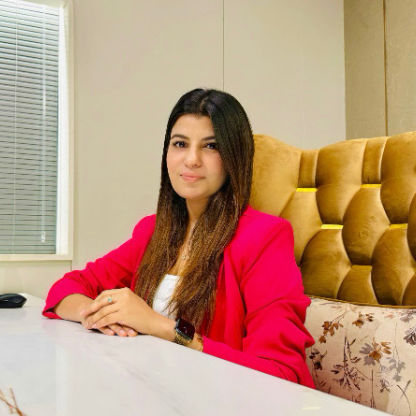
Dr. Parul Gohil
Dermatologist
5 Years • MBBS, MD(DERMATOLOGY,VENEREOLOGY & LEPROSY)
Bengaluru
Apollo Clinic, JP nagar, Bengaluru

Dr. Jyotirmay Bharti
Dermatologist
15 Years • MBBS, DDV
Gurugram
SQUARE ROOTS- HAIR, SKIN AND LASER CLINIC, Gurugram
Consult Top Dermatologist

Dr. S Madhuri
Dermatologist
10 Years • MBBS, MD. DVL, DNB, Fellow (Dermatosurgery & Lasers)
Secunderabad
Apollo Hospitals Secunderabad, Secunderabad
(350+ Patients)

Dr Abhirami Ramachandran
Dermatologist
2 Years • MBBS, MD- D.V.L (Dermatology)
Bengaluru
Apollo Medical Center, Marathahalli, Bengaluru

Dr. Kaushiki Hajra
Dermatologist
5 Years • MBBS, MD Dermatology, Venerology & Leprosy
Kolkata
MCR SUPER SPECIALITY POLY CLINIC & PATHOLOGY, Kolkata

Dr. Parul Gohil
Dermatologist
5 Years • MBBS, MD(DERMATOLOGY,VENEREOLOGY & LEPROSY)
Bengaluru
Apollo Clinic, JP nagar, Bengaluru

Dr. Jyotirmay Bharti
Dermatologist
15 Years • MBBS, DDV
Gurugram
SQUARE ROOTS- HAIR, SKIN AND LASER CLINIC, Gurugram
